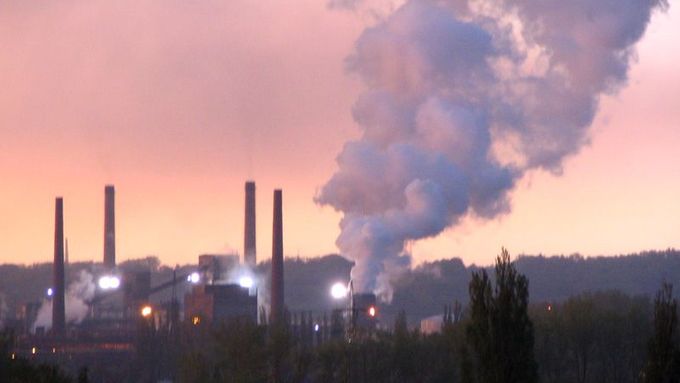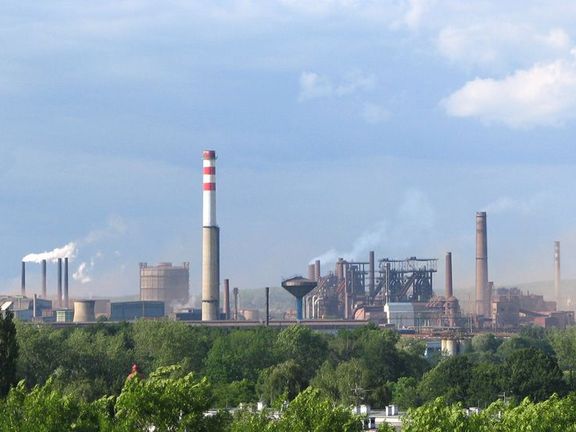Ostrava - The time for regions has finally come - they will get their chance to catch up with Prague, says Petr Kajnar, the mayor of Ostrava. Once a coal-mining town facing a decline, Ostrava is now an aspiring IT and technology center.
The city has successfully attracted foreign investors like Hyundai, leaving its dark and smoky past behind. Before that, many changes in infrastructure, as well as education, had to be made.
"We have passed the stage of decline already when the traditional industry sank to a fragment of its original value. Now the economy is strating to work again," says Ostrava's mayor.
Mr. Kajnar thinks that Prague has already used up all of its human resources, even though he knows that the capital will always attract new people.
"But the investors are now approaching other regions too, because they have realized that there are places in the Czech Republic that are very much prepared for them," he says.
Mr. Kajnar became deputy mayor of Ostrava in 2002. Four years later he won the local elections in Ostrava and decided to form the community council together with the Democratic Civic Party, going against the suggestions of his party's leader, Jiří Paroubek, to work with the Communist Party.
The region around Ostrava can compete well with Prague and central Bohemia, the city council believes.
Ostrava has formed a larger urban center, joining surrounding towns and cities with a population of over 700,000. The region to the north has even more inhabitants - 4 million. "Such a high number of people brings results," the mayor believes.
How to attract foreigners
But it is not only the number of people that brings investors to Ostrava. Infrastructure is no less important, as the Ostrava city council has learned in the past years.
"Investors used to complain about the under-developed road system, but now even the airport is working as well as the airport in Polish Katovice 80 kilometers away," Mr. Kajnar points out. The lack of English schools was another obstacle. "Now we have schools in English for children of all ages, from kindergarten through high school," the mayor explains.
The schools, partially funded by the city itself, started out two and a half years ago with twenty students, today there are 300 children in the schools, half of them are foreigners.
Education of growth
Following the improved infrastructure, Ostrava has seen many investments in basic manufacturing. The Hyundai plant is about to be finished and will launch production soon. "If those companies did not come here, there would be no chance to reach the second stage, which is investment in services, research and science," Mr. Kajnar says.
He hopes that new investors with expensive technology systems will choose Ostrava because of its good university education system.
"Our cooperation with the deans of the universities is going well. Both the regional, as well as city, government invested tens of millions of crowns in the Center for Advancing and Innovative Technologies at the Technical University of Ostrava," the mayor points out.
The city helps the schools to pay doctoral students' stipends as well as for the research they carry out.
"When the government in Prague does not want to help, we are able to use our community budgets and we can afford to cover the basics. I hope that the European funds will help as well," Mr. Kajnar says.
Custom-made students
In the future Ostrava will need capital for a new science-technological park. "We have just started with this, but we hope that within five to ten years the Technical University of Ostrava will have about ten thousand employees working in software development," Mr. Kajnar projects.
The city appreciates the role of technology development and education. Ostrava's faculty of electro-engineering started out with twenty students in 1990 and today it has 3,000 students, 2,000 of them in IT. All of them find jobs easily in the multinational companies that started in Ostrava in the past years.
"We try to teach the students exactly what the companies want them to know. That is why the Ostrava graduates are appreciated here more than students coming from technical universities in Prague," the mayor says.
"We have to move from coal-mining to data-mining,"Vladimir Slivka, the dean of the faculty says.


